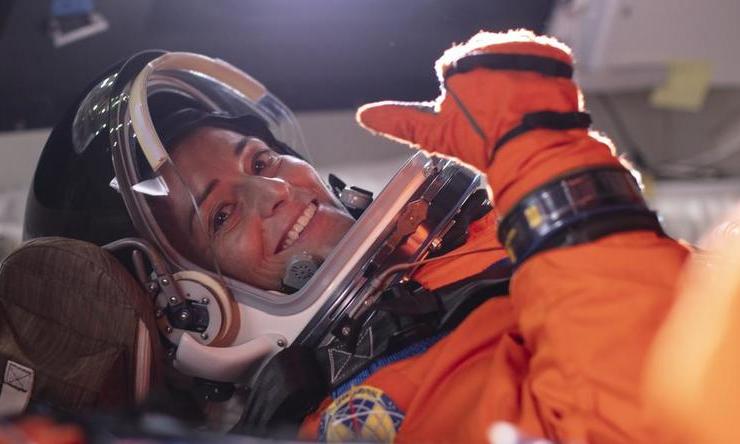Space Institute seeks behavioral health solutions for Mars
The Translational Research Institute for Space Health (TRISH) at Baylor College of Medicine is seeking companies with fresh ideas to help guard the minds of future deep-space explorers.
As a partner to NASA’s Human Research Program, TRISH sources innovative products and approaches to protect and optimize astronaut health and performance in deep space. TRISH is awarding from $100,000 to $500,000 to selected companies ready to confront behavioral health challenges astronauts will face on a three-year journey to Mars. The intent of the program is to support new approaches not previously funded or considered by NASA or its affiliates.
“Large and small companies are addressing the behavioral health, patient management and cognitive performance domains for use far outside the hospital,” said James Hury, TRISH’s deputy director and chief innovation officer. “TRISH is tapping into this activity to find the behavioral health tools that should be in NASA’s future medical kit.”
TRISH considers adverse cognitive or behavioral health conditions to be a critical mission risk for long-duration space travel. Crew must endure extreme stress, isolation, confinement and communication delays throughout the three-year journey to Mars and back. This solicitation seeks new ways of predicting these cognitive or behavioral changes, preventing decline or diagnosing and treating the crew.
They also must be practical for space travel: requiring minimal and unobtrusive monitoring, minimal resources, no resupply, and available to the crew even in the absence of communication with Earth.
While the solicitation welcomes all novel approaches in this field, example topics include:
- Unobtrusive monitoring (i.e., non-contact or ‘no-nuisance’ contact sensors) that can accurately assess an individual’s behavioral and/or cognitive status
- Closed-loop approaches that combine ongoing monitoring with actionable insights such as countermeasures that ensure or return one to optimal or healthy states.
- New stress and anxiety monitoring and countermeasures will likely be needed in the completely new and dangerous environment of deep space. Mild episodes of depression and anxiety as well as acute episodes of significant behavioral disruption are likely to happen. Enabling the crew with behavioral tools for preparedness, early detection and timely intervention will be essential.
- Methods for optimizing asynchronous communications through conversational AI are sought. Astronauts often say a phone call home provides tremendous support in mitigating behavioral health risks. Travel to Mars—with one-way communications delays of 3 to 22 minutes—will make such real-time phone call conversations extremely difficult. Strategies and technical solutions that will approximate the benefits of real-time connections are being sought.
- Brain-computer interfaces for enhancing memory and/or cognitive performance.
- Investigating how approaches to improve health span may be relevant to behavioral health and performance.
- Other radically different tools or approaches.
Applicants may request $100,000 to $500,000 per award in non-dilutive capital, intended to support one year’s work to advance the technology. Companies interested can learn more about this opportunity. Full proposals are due by 5 p.m. EST June 26, 2020.
The Translational Research Institute for Space Health, NASA’s partner for health innovation in deep space, is funded by a cooperative agreement from NASA to Baylor College of Medicine with consortium partners Caltech and MIT.
Sign up to be notified of future TRISH solicitations.







 Credit
Credit


